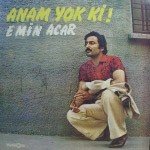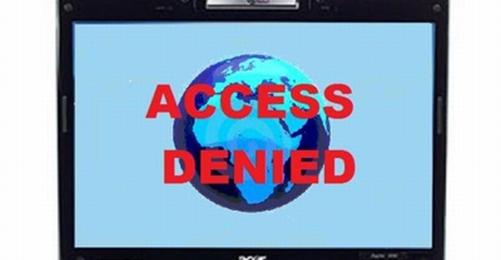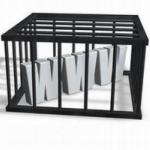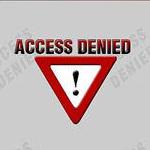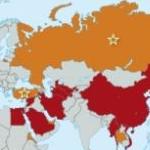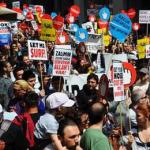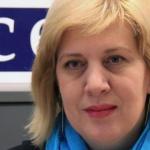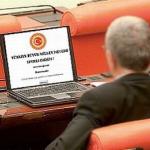The IPS Communication Foundation (IPS)/bianet applied to the Council of State for the removal of the censorship imposed to all internet users in Turkey due to a compulsory filter.
Bianet.org, the news portal run by the IPS foundation, was previously included into the list of "forbidden sites" that was prepared under the guidance of the police. Hence, the bianet news portal could not be accessed from internet cafés in the past.
The filter program was previously compulsory for internet cafés only. Yet, with the approval of the "Draft Bill on Rules and Procedures of the Safety of Internet Use" by the Council of Information Technologies and Telecommunication (BTK) at the end of February it is foreseen to apply the filter program to the entire community of internet users in Turkey.
Correspondingly, internet service providers will give their subscribers in Turkey the choice between four different sorts of filter options: standard, children, family and domestic. The subscribers are compelled to choose one of the filter options. The list of sites filtered under each option will be defined by the BTK but will not be announced to the public.
In the application submitted to the Council of State on 13 April, the İPS foundation requests the annulment of the decision made by the BTK and demands to stop its execution.
"Self control should be encouraged"
Up to the present, filter programs of private companies included news portals like bianet and the web pages of rights organizations and media institutions such as the Human Rights Association, the Voice of America Radio, the Atılım newspaper as the weekly publication of the Socialist Party of the Oppressed (ESP) or the Kurdish newspaper Azadiya Welat.
In their application, the İPS foundation claims that the new decision taken by the BTK lacks a legal basis. The foundation indicated that the decision unconscionably restricts fundamental rights and freedoms guaranteed by the Constitution and international agreements.
Lawyer Ayşe Altıparmak who filed the application on behalf of the foundation emphasized that the BTK could arbitrarily prepare a list and forbid any sites they wanted. As far as the protection of children from harmful contents is concerned, Altıparmak indicated that it would not be reasonable to decide anything in the place of the parents.
"Both the European Union and the European Commission which Turkey is a member of encourage self-control instead of legal measures to protect children from groups that might be harmful to them. Therefore, member states should encourage homes, schools and internet cafés to use filter programs but filter attempts on the level of state should be avoided by any means", Altıparmak warned.
Judicial and bureaucratic yoke for the internet
According to the last quarterly report of the BTK for October-November-December 2010, compared to the previous year the number of broadband internet subscribers increased by 28 percent to of 8.672 million. The total number of internet users is estimated at 25-30 million.
In Turkey, internet censorship is heavily applied with filter programs and via the judiciary.
The BTK stopped announcing the number of banned internet sites after the association had received too many negative reactions. The world-wide video sharing site YouTube was suspended from access for three years.
On the other hand, it is possible to bypass internet censorship through the decentralized structure of the internet. It was reported that Prime Minister Recep Tayyip Erdoğan accessed the YouTube site while it was banned from access.
Reporters without Borders (RSF) put Turkey to the category of "countries under surveillance" in their report on "Internet Enemies". (EA/BB/VK)




